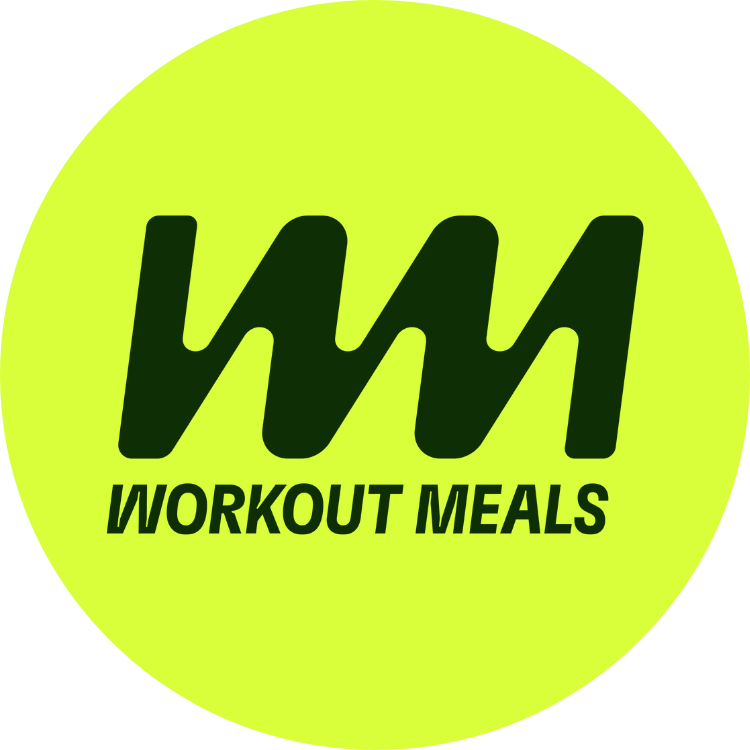Am I Getting Enough Protein?
Protein is probably one of the most talked about macros when it comes to training, gaining muscle mass and optimising recovery. But how much is enough?! And are you reaching evidence-based targets to support your goals of either gaining or maintaining lean mass?

The first thing you need to know is that ALL sports nutrition requirements differ based upon training frequency/duration/intensity, anthropometric measures (i.e height, weight, body composition), gender, and desired training goals. To a degree, genetic variability can also impact tailored nutrition strategies and training outcomes.
Signs you may NOT be getting enough protein in your training diet:
1) You are constantly hungry: Protein is a key macro that helps you feel full

2) You aren’t putting on muscle mass: Getting enough energy in general is also important here, but we will cover that in detail in a future blog!
3) You aren’t gaining strength or preferable training adaptations: Note: Your training also needs to be targeted and paired with your nutritional approach to achieve what we are talking about here
4) You get sick regularly: Proteins play a role in both adaptive (remembered) and innate (immediate and already existing) immunity (1)

5) You are taking a long time to recover from injury: After being injured, adequate protein intake (as well as sufficient calories and other potential micronutrients) can help mend soft tissues, joints, ligaments and bones.
So which foods in the diet and ingredients in Workout Meals contain protein?
Some foods we usually classify as protein foods and are absorbed easily by the stomach into the blood stream during metabolism include:
- Meat (beef/lamb/pork/veal/kangaroo) and poultry (chicken/turkey/duck)
- Dairy products (milk/cheese/yoghurt/ice cream)
- Eggs
- Fish and seafood

Some vegetarian sources which aren’t as readily absorbed but still good sources of protein are listed below:
- Legumes (chickpeas/beans/lentils)
- Tofu and tempeh
- Soy and pea proteins
- Some grains such as quinoa
- Nuts and seeds
How much protein do I need daily to gain strength and/or muscle mass? (2)
For the general population we usually recommend 0.8-1g/kg protein daily for best health. As a percentage this is 15-25% of your total calories consumed daily. If you are more active,
these requirements naturally increase (as do carb and energy requirements! Check out our Fuel Up meals here)
For building or maintaining muscle mass with the goal of positive muscle protein balance, an overall daily protein intake in the range of 1.4–2.0 g protein/kg body weight daily is sufficient for most exercising individuals. This amount will likely be less on rest days.
This protein intake should be spaced out across the day in 5-6 protein hits with 3-4 hours between eating for best results.
An example of our muscle building meals integrated below with a healthy training diet:
- Breakfast 7am: Shakshuka with egg and spinach + a milky coffee Morning Tea 10am: Falafel & hummus pot Lunch 1230pm: Spaghetti and Meatballs (Fuel Up)
- Afternoon Tea 3.30pm: Piece of fruit + yoghurt pouch
- 90 Minutes Gym Workout 5pm Dinner 7pm: Creamy Satay Chicken (Recover)
- Dessert: 2 scoops ice cream + fresh berries + chia seeds
References:
1) https://www.frontiersin.org/articles/10.3389/fimmu.2021.665968/full
2) https://jissn.biomedcentral.com/articles/10.1186/s12970-017-0177-8



